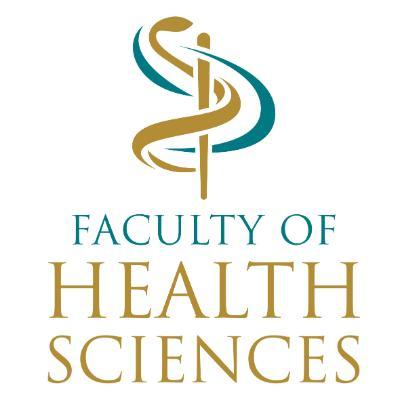A Setback with Global Implications: U.S. Funding Cuts Hit South African Health Research
- FHS Communications
The recent termination of competitive U.S. federal research funding to South African and global health researchers has sent shockwaves
through the academic and public health community. These unexpected cuts in research funding were made without consultation or program review, posing an existential threat to health research, innovation, and education.
The implications for researchers in the Faculty are severe and far-reaching. To date, an estimated R1.85 billion in funding has been lost over the grant period, and a R728 million shortfall is projected for 2025 alone. More than 1,400 research personnel affiliated with the University of the Witwatersrand face retrenchments or reduced working hours, with major projects and long-standing research infrastructure under threat. Over 150 active research contracts, involving lifesaving innovations such as paediatric HIV treatments, vaccine development, and community-based prevention trials are at risk of termination. Longitudinal data sets and biobanks that have taken decades to build, now face a deeply uncertain future.
At the heart of this crisis are people. Talented researchers, technical experts, postgraduate students, and emerging leaders who have built their careers on these partnerships face an uncertain future. Dozens of students have already lost tuition support or access to supervisory teams, and many more risk delayed graduations due to loss of infrastructure and mentorship. The implications are generational. Without urgent support, we risk a brain drain that will hollow out scientific capacity in a region that has consistently punched above its weight in research excellence.
The funding cuts further undermine decades of U.S.–Africa scientific diplomacy and create ripple effects that extend far beyond South Africa’s borders. Global health networks, clinical trials, and multinational research initiatives are now at risk of fragmentation. South Africa plays a pivotal role in global health discovery. In this regard, as a country with the highest burden of HIV and a uniquely diverse population and pathogens, we provide data that enriches international understanding of disease and treatment. Removing South Africa from this equation significantly weakens the global response to pandemics, vaccines, and prevention science. American researchers and institutions are not immune to the fallout. These cuts compromise access to unique research cohorts, reduce collaborative competitiveness, and disrupt career development pathways for scientists on both sides of the Atlantic.
While the scale of the crisis is sobering, it has also galvanised action. While the situation remains critical, the resilience of our research community, the strength of our partnerships, and the urgency of our mission continue to drive a coordinated response. National and institutional leadership have launched a coordinated response across universities and sectors. High-level engagements are underway with government departments, international partners, and funding bodies to explore:
- Emergency bridging funds to protect core research infrastructure
- Legal recourse for violations of existing agreements
- Diversification of funding sources and new partnerships
- Increased investment in South-South collaboration and African-led innovation networks
The Wits Faculty of Health Sciences is working tirelessly with the Deputy Vice-Chancellor to retain critical staff, protect long-term assets, and ensure that the impact on students and early-career researchers is minimised. Across the sector, universities are reaffirming their commitment to transformation and excellence.
This moment, while difficult, is not without opportunity. The crisis has laid bare several risks and threats. However, it has also opened the door to reimagining a more sovereign, diversified, and resilient African research ecosystem. It is a call to reinvest in regional networks, deepen collaboration with non-traditional partners, and accelerate the growth of African-led solutions to global health challenges. History shows that adversity often seeds innovation. South Africa’s research community has weathered many storms and emerged stronger each time. With courage, collaboration, and strategic leadership, this too can become a turning point.


